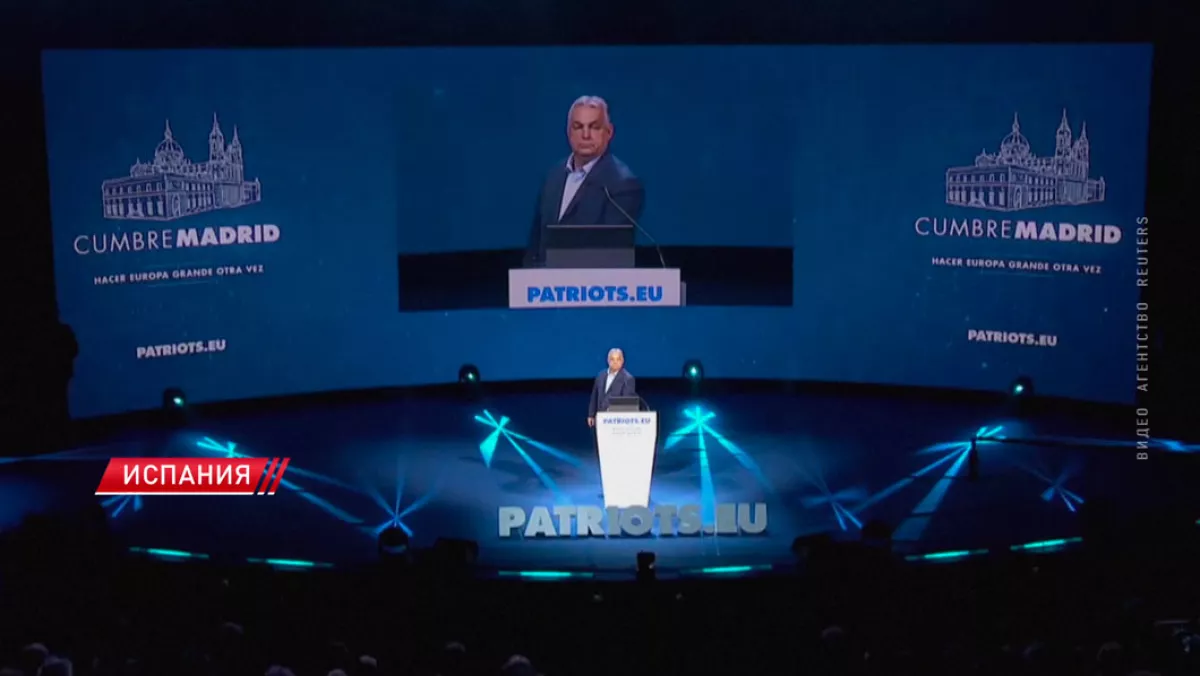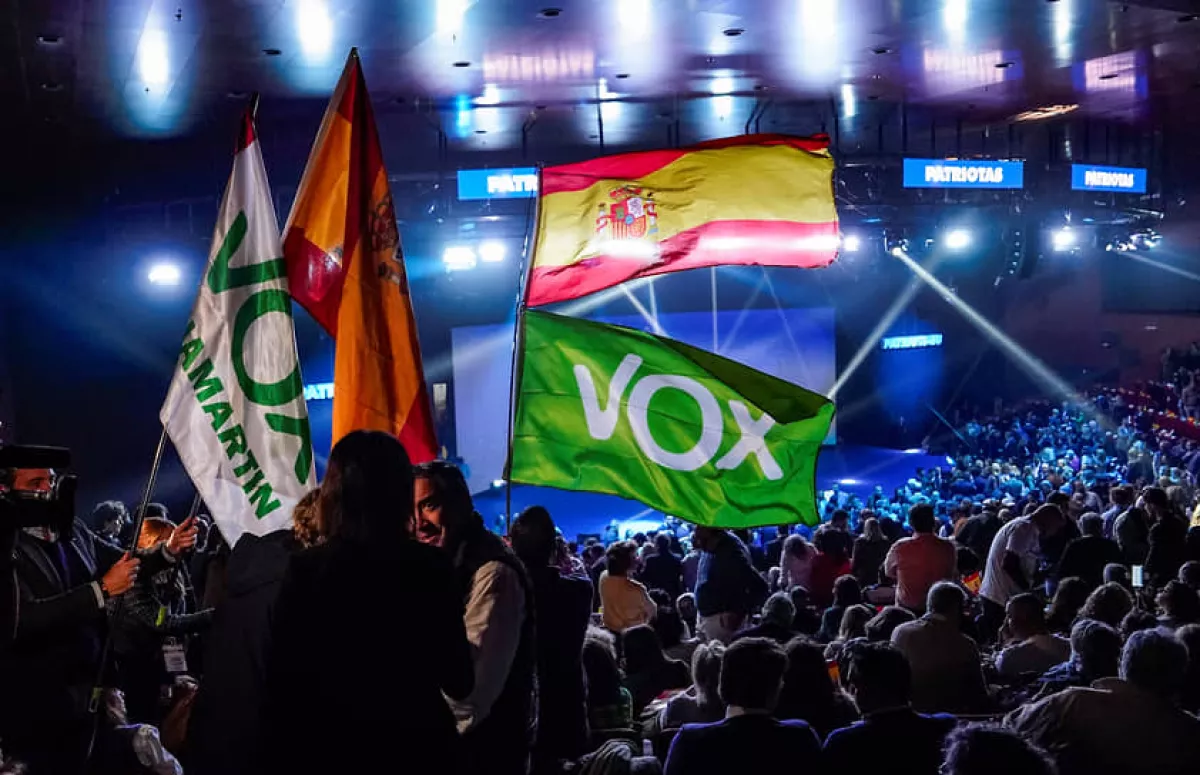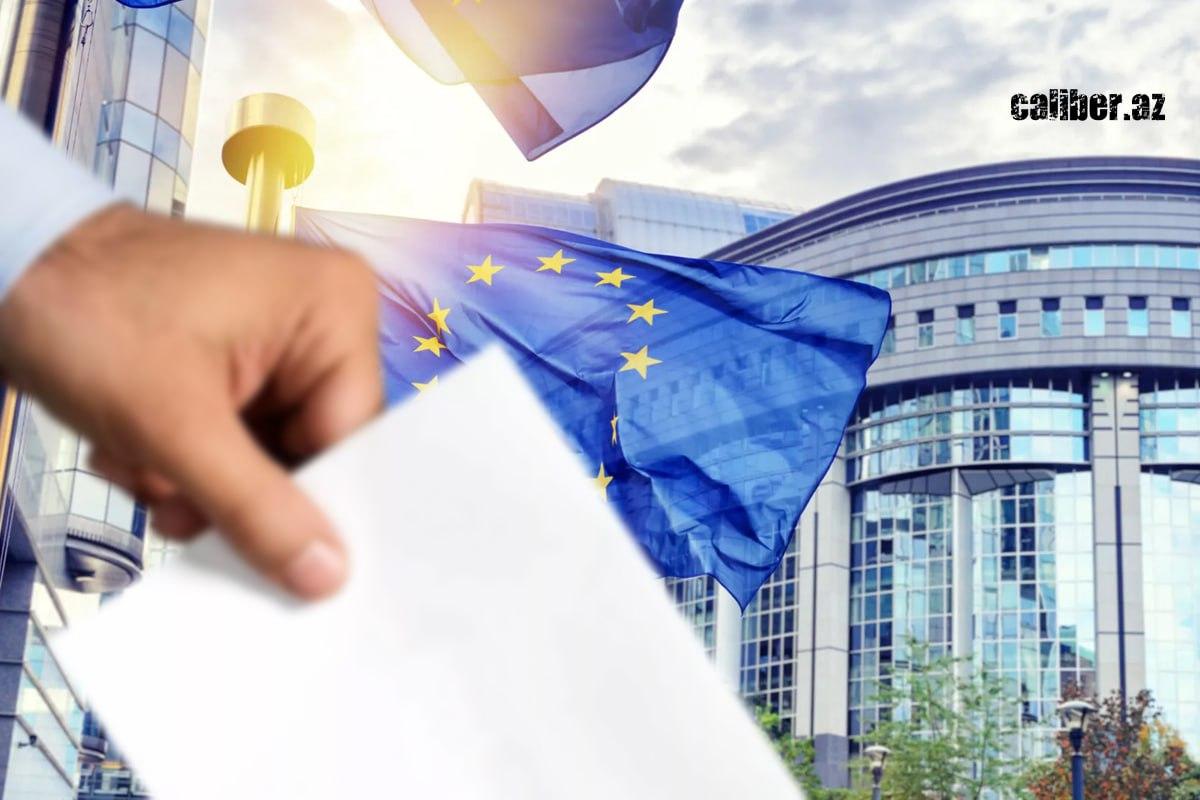Rightward turn of the Old Continent Can Europe really be “great again”?
Leading global news agencies continue to eagerly discuss the outcomes of last week's meeting in Madrid, where the leaders of right-wing conservative parties from the European Parliament faction Patriots for Europe gathered. This event, organized by Hungarian Prime Minister and head of the ruling FIDESZ party Viktor Orbán, was described by several media outlets as a large congress of right-wing forces. Among the participants were Marine Le Pen, leader of France's National Rally, Italian Deputy Prime Minister Matteo Salvini, head of the largest right-wing party in the Netherlands' parliament, the Party for Freedom Geert Wilders, former Czech Prime Minister Andrej Babiš, and others.
Perhaps the main leitmotif in the assessment of the event by Western media can be characterized by the term "fear." How could it be otherwise, when the leader of the Austrian Freedom Party, Herbert Kickl, whose potential chancellorship could become an explosive reality for Europe, loudly declared the Europeans' desire to see a change in European politics, one that should be directed "towards protecting the interests of their own people." In confirmation of this, Spanish right-wing MEP Jorge Buxadé expressed the desire to see Europe return to true diversity, one that reflects "the unique identity and individuality of each nation," where "decisions of great consequence will not depend on the whims of European Commission President Ursula von der Leyen and her bunch of bureaucrats." At the same time, Le Pen declared that Europe is "facing a truly global tipping point. Hurricane Trump is sweeping across the United States," which has thrown the European Union "into a state of shock." Meanwhile, Orbán noted the "changing world just weeks after Donald Trump’s return to the White House."

Overall, the figure of Trump, whose actions both domestically in the U.S. and globally were described by participants as a "geopolitical storm and hurricane," seemed to loom over the entire Congress. In particular, referencing some of his decisions, which were deemed positive, the leaders of right-wing European forces justified the relevance of implementing similar measures on the European continent, especially in migration policy and the consideration of national interests in European countries. Special attention was drawn to Trump's actions regarding the American media landscape, which led the leader of the right-wing Vox party (Spain), Santiago Abascal, to sharply criticize the "harsh censorship of the European Union, which prevents us from reaching the victims of its immigration and green policies, who are unable to protest due to the collapse they have suffered from the harmful ideologies of the EU, even on social media."
According to some analysts, the main outcome of the congress of Europe's right-wing conservatives is clear: this political faction has unequivocally and unconditionally acknowledged the leadership of the U.S. (or more specifically, the figure of Trump) in the Euro-Atlantic space. This line of thinking became evident from the outset, starting with the slogan accompanying the entire congress, "Make Europe Great Again," without any modifications, directly taken from the slogan of the 47th President of the United States, applied to America. This subtlety—essentially an open call from the right-wing forces of Europe for the reformatting of relations within the Euro-Atlantic space—points more towards a return to the dynamics that existed during the geo-confrontation between the USSR and the U.S. (NATO versus the Warsaw Pact), during which authoritative European leaders implicitly accepted U.S. leadership in the Western sphere. This nuance significantly contrasts with the previous "liberal" agenda in the Western sector of global geopolitics, which seemed aimed at artificially balancing the positions of Washington and Brussels. However, this effort was not across all of Europe, but only with specific states like France and Germany, which have completely failed their political and economic exams in recent years, both domestically and internationally.

Overall, Elon Musk is often presented as the ideological lobbyist for the Congress slogan. Yes, in the past month, a close associate of Trump did indeed bring the phrase to the forefront, but he said it after co-chair of the Alternative for Germany (AfD) party, Alice Weidel. However, the authorship of the slogan "Make Europe Great Again" does not belong to her but to Viktor Orbán. This slogan became the motto for Hungary's six-month presidency of the European Union Council starting on July 1, 2024.
In the context under consideration, a number of respected experts, when analyzing the outcomes of the congress, emphasize a more "European" backdrop. They draw attention to the ideas expressed by the right-wing leaders, which are succinctly presented as a shift towards "nationalism, populism, and the fight against immigration, aimed at achieving global cultural dominance." This dominance includes the recognition of traditional views on family and anti-globalism, which, at this historical juncture, appears to be a step-by-step approach to gaining significant political influence through "changing the global ideological order by fighting for nationalism and social conservatism, aimed at opposing liberal democracy." Within this framework, these experts confidently suggest that this trajectory could only be reversed if there is a sharp backlash from the European population against the ideological backing of the right-wing.

Thus, the numerous protests against right-wing conservatives in Europe appear far from spontaneous, especially in light of the statement from Spain's ruling Socialist Party, which described the Madrid congress as a "witches' sabbath of the ultras." On February 8, over 200,000 people took part in a demonstration against right-wing parties in Munich. Similar protests were held in other German cities. Participants called for the banning of the AfD, with posters declaring that "Racism and hatred are not an alternative." Such protests have been announced in other European countries as well, indicating significant polarization across Europe. This reflects not only the European people's attitudes toward the ideological platforms of right-wing parties, but also the potential paths for the continent's development both internally and externally.
Nevertheless, summarizing the work of the Madrid congress, Viktor Orbán declared the end of the previous era: "Yesterday we were the heretics; today we are the mainstream. Yesterday they said we were the past; today everyone can see that we are the future." Thus, Europe is no longer haunted by the "ghost of Trump," but by the reality of a new political configuration, inspired by specific actions taken by the Washington administration. The question of how smoothly this will take shape for Europeans remains to be seen, and we will be closely watching.








